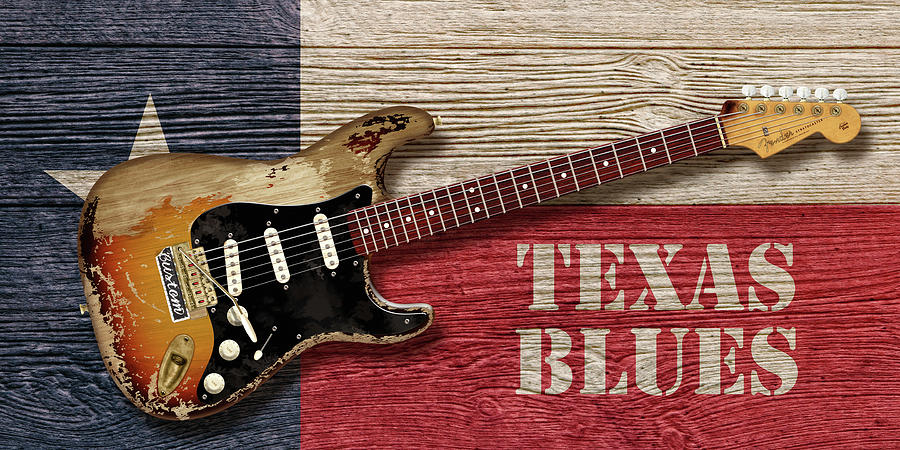Texas Blues, a subgenre of the larger Blues tradition, has a rich history that traces its roots back to the early 20th century in the American state of Texas. This style of music is known for its distinctive sound that blends elements of rural country blues with a more urban, electric style, setting it apart from other blues traditions like the Delta or Chicago Blues.
Early Beginnings
The foundations of Texas Blues were laid in the early 1900s when African American musicians in the South began experimenting with new ways to express their struggles and experiences. The socio-economic conditions of the time, marked by racial segregation and the hardships of sharecropping, provided a fertile ground for the emergence of a music style that was both deeply personal and communal.
One of the earliest and most influential Texas Blues musicians was Blind Lemon Jefferson. Born in 1893 near Wortham, Texas, Jefferson is often referred to as the “Father of Texas Blues.” His guitar playing was innovative, featuring a complex and rhythmic style that incorporated single-string solos. Jefferson’s vocal style was equally unique, characterized by a high-pitched, expressive delivery that conveyed profound emotion. Songs like “Matchbox Blues” and “See That My Grave Is Kept Clean” are enduring examples of his impact on the genre.
Development and Evolution
As Texas Blues evolved, it began to incorporate elements from other musical traditions. The Great Migration, a movement that saw many African Americans relocate from the rural South to urban centers across the country, brought Texas Blues musicians into contact with new audiences and influences. This period saw the introduction of amplified instruments and a more polished, urban sound.
In the 1930s and 1940s, artists like T-Bone Walker took Texas Blues to new heights. Walker, born in Linden, Texas, is credited with pioneering the use of the electric guitar in blues music. His smooth, jazz-influenced style and showmanship on stage were revolutionary, setting a standard for future blues and rock guitarists. Walker’s hit song “Call It Stormy Monday (But Tuesday Is Just as Bad)” remains a classic and showcases his sophisticated approach to the blues.
Post-War Popularity and Legacy
The post-World War II era marked a period of significant growth and mainstream popularity for Texas Blues. Musicians such as Lightnin’ Hopkins and Big Mama Thornton gained national recognition. Hopkins, hailing from Centerville, Texas, was known for his raw, emotive guitar playing and storytelling prowess. His songs often reflected the realities of African American life in the mid-20th century, touching on themes of hardship, love, and resilience.
Big Mama Thornton, originally from Montgomery, Alabama, but heavily associated with the Texas Blues scene, became famous for her powerful voice and commanding stage presence. Her recording of “Hound Dog,” later made famous by Elvis Presley, is a testament to her influence and the crossover appeal of Texas Blues.
Modern Influence and Revival
The 1960s and 1970s saw a revival of interest in Texas Blues, driven in part by the British blues boom and the rise of rock and roll. Artists like Janis Joplin, who grew up in Port Arthur, Texas, drew heavily from Texas Blues traditions, infusing their music with the raw emotion and authenticity that characterized the genre.
In the late 20th and early 21st centuries, Texas Blues continued to evolve and inspire new generations of musicians. Stevie Ray Vaughan, one of the most prominent figures in the modern blues scene, brought Texas Blues to international audiences with his virtuosic guitar playing and heartfelt performances. Vaughan’s work, along with that of other contemporary artists like the Fabulous Thunderbirds, has ensured that the legacy of Texas Blues remains vibrant and influential.
Conclusion
The origins of Texas Blues are rooted in the complex history and culture of African American communities in the early 20th century. From the pioneering sounds of Blind Lemon Jefferson to the electrifying performances of T-Bone Walker and Stevie Ray Vaughan, Texas Blues has made an indelible mark on the broader landscape of American music. Its evolution and enduring appeal reflect the genre’s ability to convey deep emotion and connect with listeners across generations and geographies.


No responses yet